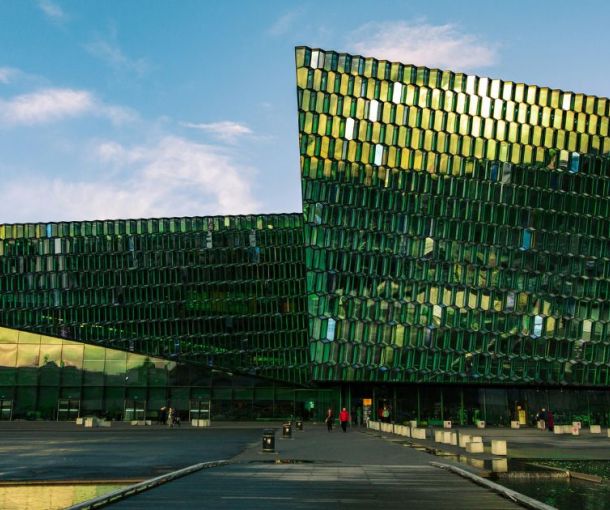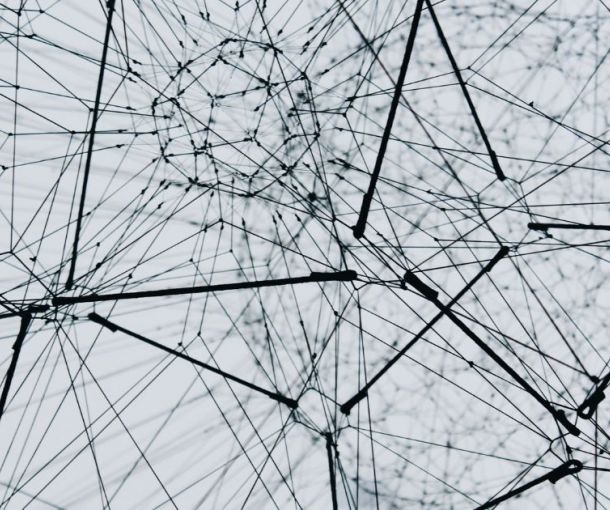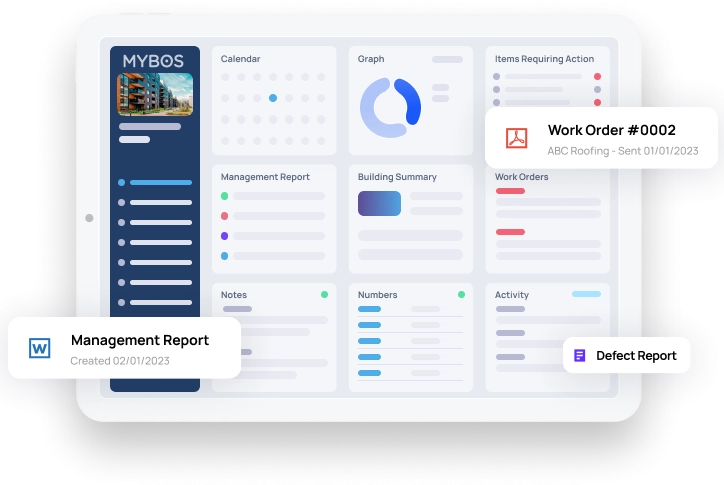
How Hotel Operations Managers Can Leverage Technology for Efficient Workflow Management
When guest expectations are high and operational demands are complex, hotel operations managers are embracing smarter strategies to maintain seamless service. With rising pressure to cut costs, elevate guest satisfaction, and retain skilled staff, technology is no longer a luxury—it’s essential for staying competitive and achieving operational excellence.
A Deloitte study found that 74% of airports and 57% of hotels reported significant revenue growth thanks to technology-driven improvements and digital adoption in traveler experiences. Implementing the right hotel management tools is now a strategic necessity.
1. Embracing Smart Systems in Hotel Operations
Hotel operations managers oversee daily functions, from front desk coordination and housekeeping schedules to maintenance and vendor management. Strategically implemented technology supports each of these areas—streamlining communication, automating workflows, and reducing human error.
Smart systems can include the ability to:
- Implement integrated property management systems (PMS): Centralise bookings, guest data, and front desk operations for real-time visibility and efficiency.
- Automate housekeeping schedules: Use digital tools to assign tasks based on check-in/check-out status, saving time and improving coordination.
- Adopt maintenance tracking software: Ensure timely repairs and preventive maintenance with automated alerts and digital logs.
- Leverage communication platforms: Improve staff collaboration across departments through mobile apps or centralised messaging tools.
- Use analytics to reduce errors: Track performance data and identify workflow bottlenecks to continuously optimise processes.
Platforms like MYBOS allow managers to centralise task management, monitor performance, and maintain real-time oversight across departments. Whether logging maintenance requests or assigning cleaning duties, these tools ensure no task is missed.
2. Boosting Productivity Through Automation
Hospitality organisations must embrace innovations that travelers prefer, and 56% of hospitality leaders say there’s a growing gap between where their business is and where it needs to be to compete.
Automation is transforming hotel management by reducing manual workloads and allowing managers to focus on strategic and guest-centric activities. Common automated processes include:
- Guest check-in/check-out notifications
- Housekeeping scheduling and tracking
- Real-time maintenance ticket creation
- Inventory alerts and reordering triggers
These capabilities accelerate service delivery, minimise errors, and improve overall guest experience.
3. Enhancing Communication Across Teams
Efficient internal communication is critical to smooth hotel operations. Miscommunication can lead to service delays and guest dissatisfaction.
Cloud-based hotel management systems improve transparency by enabling real-time updates between departments. Managers can instantly notify housekeeping, maintenance, and front desk teams—eliminating outdated methods like walkie-talkies, printed rosters, or manual logs. This improves task tracking, accountability, and issue resolution.
Hotel management teams should look for platforms that can:
- Adopt cloud-based communication tools: Enable real-time updates between departments to reduce delays and miscommunication.
- Replace outdated methods: Eliminate reliance on printed schedules, and manual logs with centralised digital platforms.
- Enable task tracking and status updates: Use shared dashboards or mobile apps so staff can view, update, and complete tasks efficiently.
- Increase accountability: Assign tasks with clear ownership and timestamps to ensure follow-through and faster issue resolution.
- Facilitate instant notifications: Alert relevant teams of guest requests, room readiness, or urgent maintenance needs in real time.
Learn more about effective delegation techniques for hotel managers here.
4. Leveraging Mobile Access for On-the-Go Management
Hotel managers are rarely desk-bound. Whether conducting inspections or liaising with suppliers, they need access to information anytime, anywhere.
Mobile-enabled platforms like MYBOS offer practical benefits:
- Update and monitor tasks remotely
- Review operational reports on the go
- Communicate instantly with staff
- Document issues with photos or notes
This mobility enhances responsiveness and operational flexibility.
5. Data-Driven Insights for Smarter Decisions
Technology empowers hotel operations managers to gather and analyse data to drive informed decisions. With reporting dashboards, they can:
- Track maintenance trends
- Monitor housekeeping turnaround times
- Identify guest satisfaction patterns
- Detect recurring operational inefficiencies
These insights support better resource allocation, proactive planning, and long-term cost savings.
6. Streamlining Preventative Maintenance
Streamlining preventative maintenance is a highly effective way for hotel operations managers to reduce disruptions, control costs, and maintain consistent service quality. Unplanned breakdowns—such as HVAC failures or plumbing issues—can negatively impact guest satisfaction and strain staff resources. By shifting to a preventative maintenance model supported by hotel maintenance software, managers can automate routine checks, schedule repairs in advance, and track equipment health over time.
These digital tools help prevent issues before they arise, reduce downtime, and extend the life of valuable assets like elevators and refrigeration units. They also support compliance with safety and regulatory standards, making them essential for hotels aiming to maintain certifications and avoid costly fines.
With digital systems, managers can:
- Schedule regular inspections
- Monitor maintenance history
- Set automated service reminders
This proactive approach reduces emergency repairs and keeps facilities in top condition.
Read more about the benefits of preventative strategies in this guide on hotel software.
7. Improving Guest Experience Through Operational Excellence
Operational efficiency has a direct impact on guest satisfaction. Prompt responses, clean rooms, and well-maintained amenities enhance guest experiences, drive positive reviews, and encourage repeat bookings.
Digital tools help create a culture of excellence, visible not only to staff but also to guests. They can help:
- Automate routine tasks: Free up staff time to focus on guest-facing services by streamlining check-ins, housekeeping schedules, and maintenance requests.
- Ensure real-time communication: Use digital tools to quickly address guest needs and service requests across departments.
- Track performance metrics: Monitor service times, room readiness, and maintenance response to identify areas for improvement.
- Maintain high standards: Use technology to schedule regular inspections and quality checks to ensure consistently clean, well-equipped rooms.
- Boost guest satisfaction: Operational efficiency leads to faster service, fewer issues, and better overall experiences—driving positive reviews and loyalty.
8. Staying Ahead in a Competitive Market
Standing still in today’s hospitality sector means falling behind. Guests now expect more than just clean rooms and friendly service; they want seamless digital experiences, personalised interactions, and visible commitments to sustainability. Technology enables hotels to deliver on these expectations through solutions like mobile check-in, smart room controls, automated guest communication, and energy management systems.
Notably, integrating sustainable technology—such as energy-efficient systems or digital inventory tracking to reduce waste—can strengthen a hotel’s brand reputation and appeal to eco-conscious travelers.
This article outlines the growing need for tech-savvy hotel managers who can lead through change and innovation.
Bringing It All Together: Smarter Hotel Management Through Technology
Hotel operations managers are vital to delivering exceptional guest experiences and achieving long-term success. Leveraging digital tools across departments enhances communication, simplifies tasks, and supports better decision-making. As a result, adopting smart technology today ensures a more efficient, guest-focused future for your property.
To explore how MYBOS can streamline your hotel operations, book a demo or visit our website to discover the full suite of hospitality maintenance solutions.




